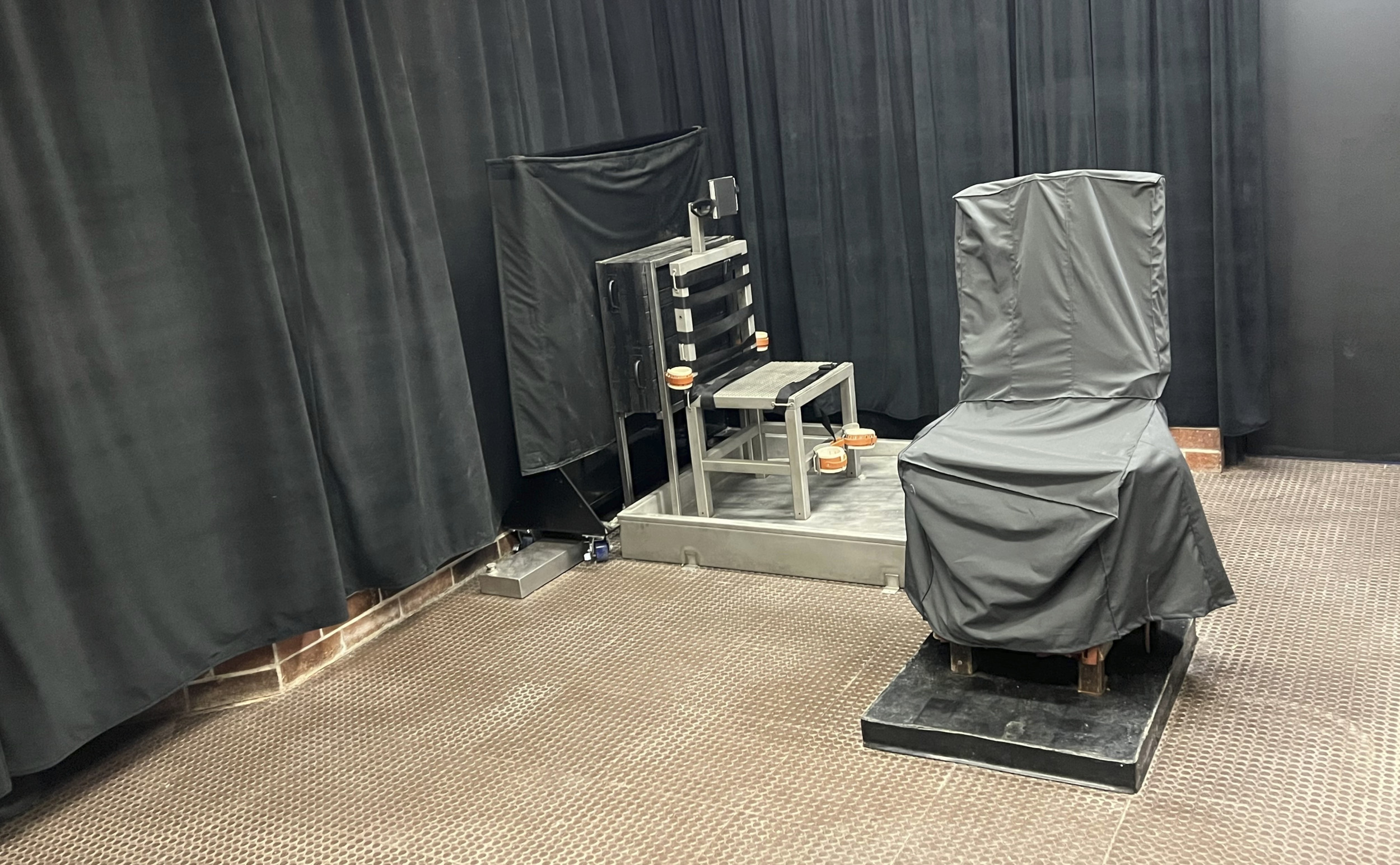South Carolina’s Supreme Court has scheduled an execution date of November 1 for inmate Richard Moore, marking the state’s return to capital punishment after a 13-year lull.
Moore, who was sentenced to death for the 1999 murder of store clerk James Mahoney during a robbery in Spartanburg County, is the second inmate set to be executed in South Carolina in the next six months.
His death sentence was handed down in October 2001, following a guilty verdict.
The state’s return to executions comes after prolonged delays due to challenges in acquiring lethal injection drugs.
This case has gained attention, particularly because Moore was unarmed when the robbery started; he only took a weapon after disarming Mahoney.
Moore’s attorney, Lindsey Vann, argues this makes him an inappropriate candidate for the death penalty. “Moore’s execution would not be an act of justice, but rather an arbitrary act of vengeance,” he stated, emphasizing that Moore does not fit the criteria of being the ‘worst of the worst.’
Vann also raised concerns about racial bias, noting that Moore’s jury had no African American members despite Moore being Black.

South Carolina Dept. of Corrections via AP
Once a leader in executions, South Carolina has faced hurdles in reviving its death penalty due to issues around lethal injection drugs. To address this, lawmakers enacted a policy that keeps drug supplier identities confidential, allowing the state to resume executions starting in 2023.
The first to be executed under this new policy was Freddie Owens on September 20. After Moore, four more inmates are slated for execution, with the state planning to carry out executions every five weeks.
Moore will have to choose between lethal injection, electrocution, or the newly reintroduced firing squad. If he fails to make a choice, he will default to the electric chair. Previously, he had selected the firing squad in 2022, but legal challenges delayed the process.
In contrast to its former three-drug protocol, South Carolina will now use a single drug, the sedative pentobarbital, for lethal injections—similar to federal execution practices.
As Moore’s execution date nears, his legal team is preparing to request clemency from Republican Governor Henry McMaster to change his sentence to life imprisonment without parole. Notably, in recent history, no South Carolina governor has ever granted clemency in a death penalty case.

South Carolina Department of Corrections via AP, File
Moore’s defense is also set to contest the fairness of his trial, highlighting the exclusion of African American jurors by the prosecution. Additionally, they aim to point out Moore’s positive conduct in prison, where he has mentored other inmates.
Since reinstating the death penalty in 1976, South Carolina has executed 44 individuals and averaged three executions per year at its peak. However, the number of inmates on death row has substantially decreased due to appeals and natural causes, currently standing at 31, down from 63 in 2011.
Looking ahead, several executions are scheduled across the U.S. before 2024 concludes, including Robert Leslie Roberson III in Texas and Derrick Ryan Dearman in Alabama on October 17, and Carey Dale Grayson in Alabama on November 21.
This article incorporates reporting from The Associated Press.
